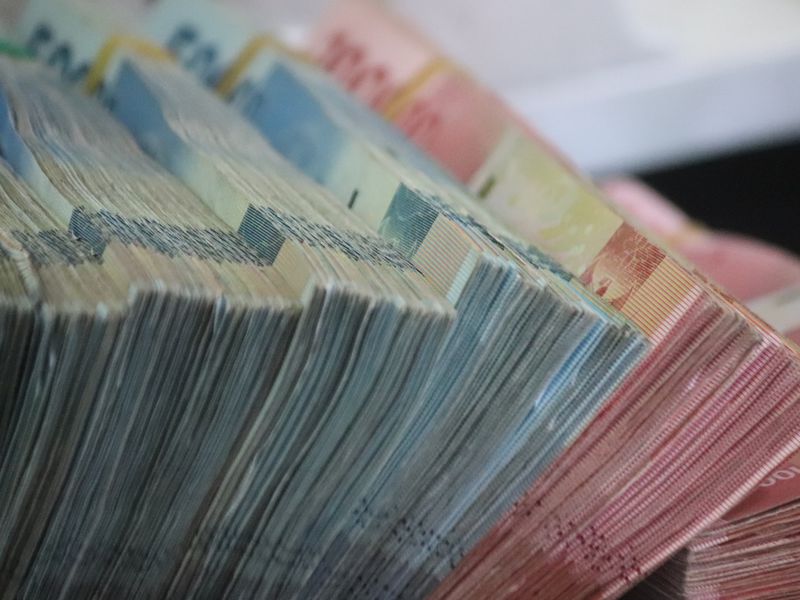Telegram lost another round in court against the U.S. Securities and Exchange Commission (SEC) and now can’t launch its $1.7 billion token sale. What does it mean for the crypto industry and other startups that sold tokens?
Listen/subscribe to the CoinDesk Podcast feed for unique perspectives and fresh daily insight with Apple Podcasts, Spotify, Pocketcasts, Google Podcasts, Castbox, Stitcher, RadioPublica, IHeartRadio or RSS.
Telegram, the popular messaging app, has big plans for its blockchain Telegram Open Network, or TON. It also had one of the biggest token sales in history, followed by a huge legal fight over it.
The SEC sued the company to halt the TON network, saying its native gram tokens were unregistered securities. Telegram argued grams were a commodity. A federal judge in New York issued a preliminary injunction agreeing with the SEC, blocking Telegram from issuing tokens.
The court battle has been an interesting one, as is the ruling of the judge.
Together with two experienced attorneys, Gabriel Shapiro of BSV Law and Phillip Moustakis of Seward & Kissel, we’re unpacking this process, which is likely to set a precedent for other token sales structured as SAFTs, or simple agreements for future tokens – starting with Kik and potentially followed by many more.
- SAFTs used to be a popular form of fundraising in crypto. What went wrong for Telegram?
- Is there still a chance an ambitious proof-of-stake blockchain will still get launched?
- Is there a safe way to raise money via a token sale or not?
- What are the remaining options for Telegram – and for its investors?
See also:









